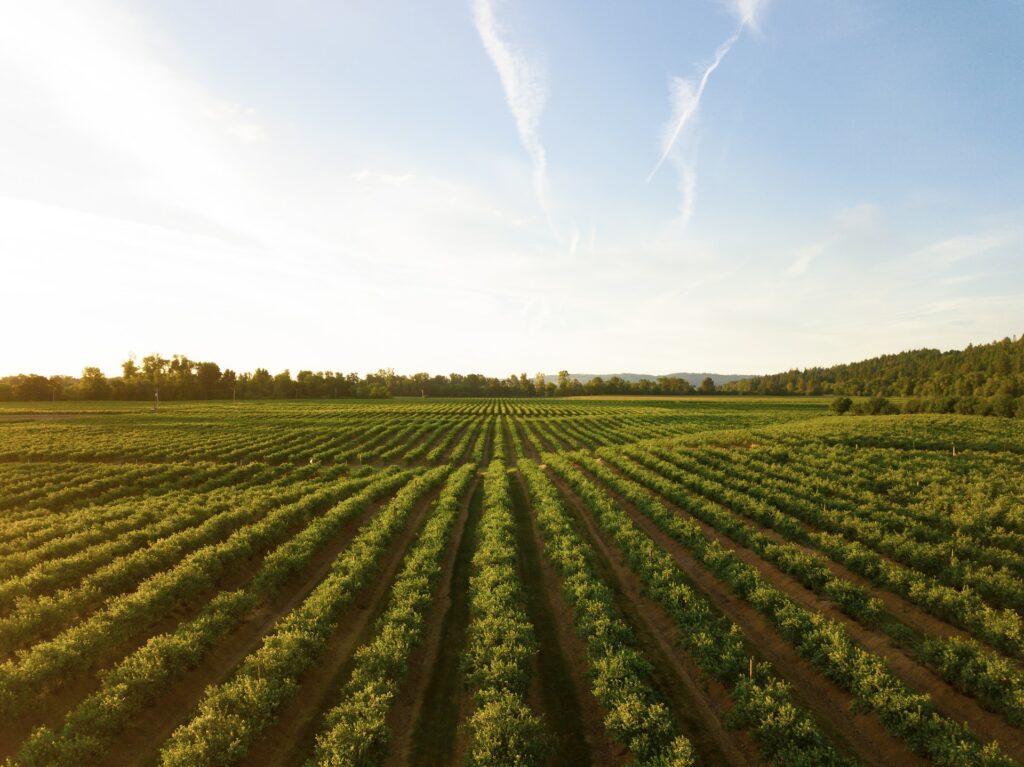
(Rightallegiance.com) – The U.S. Government Accountability Office (GAO) has recently conducted an investigation revealing shortcomings in the Biden administration’s efforts to monitor foreign ownership of U.S. farmland.
According to the GAO report, the Department of Agriculture (USDA) has failed to consistently share timely data on foreign investments in U.S. agricultural land, as stipulated by the 1978 Agricultural Foreign Investment Disclosure Act (AFIDA).
The GAO report sheds light on various flaws in the USDA’s processes for collecting, tracking, and reporting key information related to AFIDA. It discloses that the USDA relies on paper forms filed with county or federal offices to collect AFIDA data, a process deemed “unclear and challenging to implement.” Furthermore, despite Congress mandating the creation of an online AFIDA database by 2025, the USDA currently has no plans or timelines for its development.
Highlighting the significance of sharing current data, the GAO report underscores the potential national security risks associated with foreign investments in U.S. agricultural land. Notably, the report points out errors in the USDA’s AFIDA data from 2021, including the reporting of the largest land holding associated with China twice.
In response to the GAO’s findings, Congressional Western Caucus Chairman Dan Newhouse expressed serious concerns about the USDA’s inability to identify land ownership. He emphasized the need to address this flaw promptly, highlighting its impact on the supply chain and the economy. Chairman Newhouse pledged to introduce measures aimed at rectifying USDA’s internal reporting and data management processes.
The GAO’s report comes at a time when Republican lawmakers and local leaders are intensifying scrutiny of land purchases by foreign investors, particularly those from China. According to USDA data from 2021, foreign investment in U.S. agricultural land reached approximately 40 million acres, with Chinese agricultural investment growing tenfold between 2009 and 2016.
House Agriculture Committee Chairman Glenn Thompson and House Oversight Committee Chairman James Comer had previously requested the GAO to conduct a probe into foreign investment in U.S. farmland, focusing on its potential impact on national security, trade, and food security.
Recent instances, such as the rejection of a Chinese company’s proposed corn mill in North Dakota and the purchase of land by a subsidiary of Chinese green energy firm Gotion High-Tech in Michigan, have raised concerns about the proximity of such projects to critical military installations. In both cases, the Committee on Foreign Investment (CFIUS) determined it did not have jurisdiction, underscoring the complexity of reporting and tracking foreign-owned agricultural land.
Responding to the GAO report, USDA officials stated that fulfilling obligations under the law involves gathering information from over 3,000 counties, each with its own county clerk and recorder’s office, feeding information into more than 50 different state systems. They noted that the GAO’s recommendations would require changes by Congress, including increased funding and modernization of processes, while also highlighting potential risks to producer privacy and the price of agricultural land.
Interestingly, the GAO report was published just hours after Agriculture Secretary Tom Vilsack met with Chinese Minister of Agriculture and Rural Affairs Tang Renjian. Vilsack expressed optimism about further exchanges and cooperation, emphasizing the importance of expanding and improving market access opportunities for U.S. farmers and ranchers in China, a vital agricultural export market.